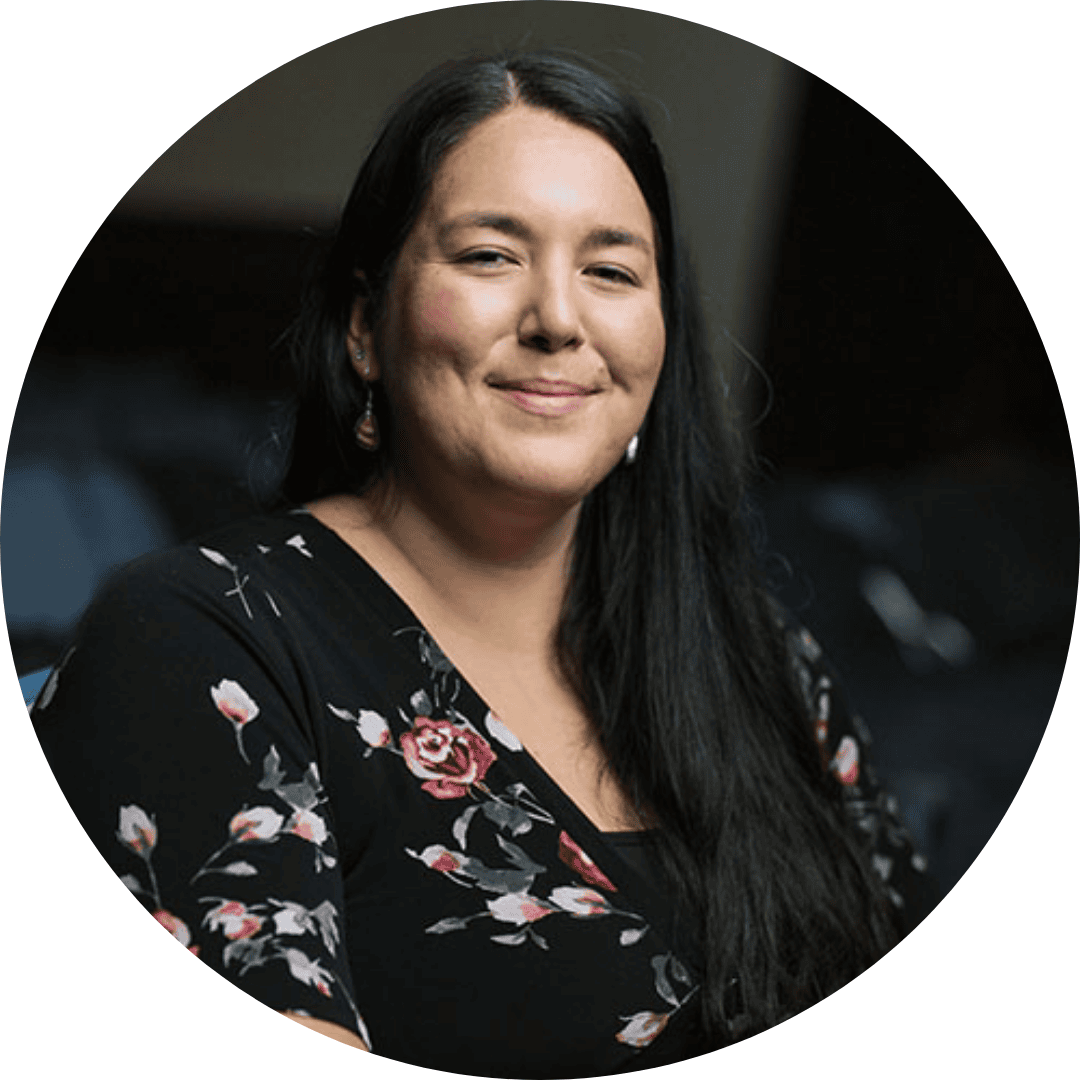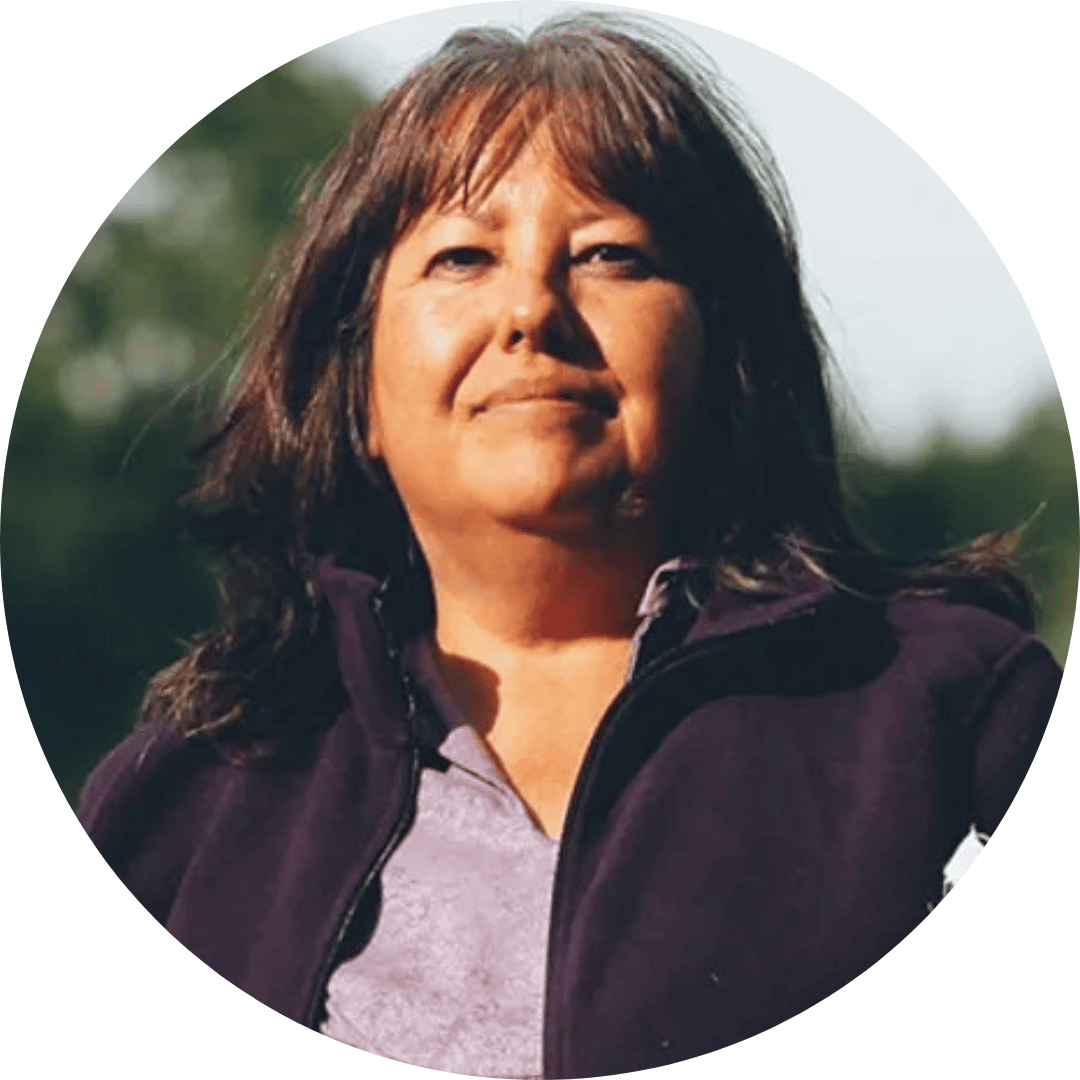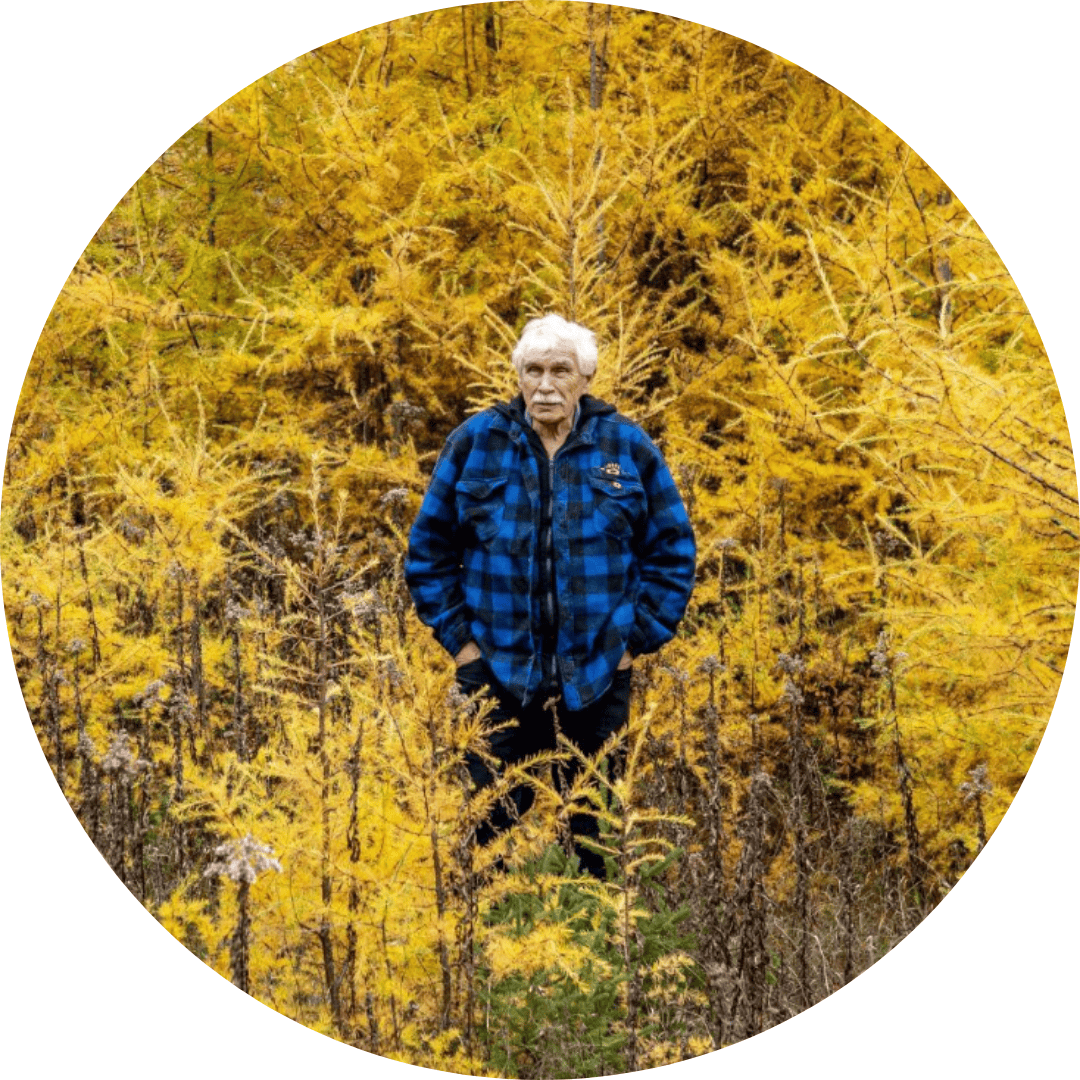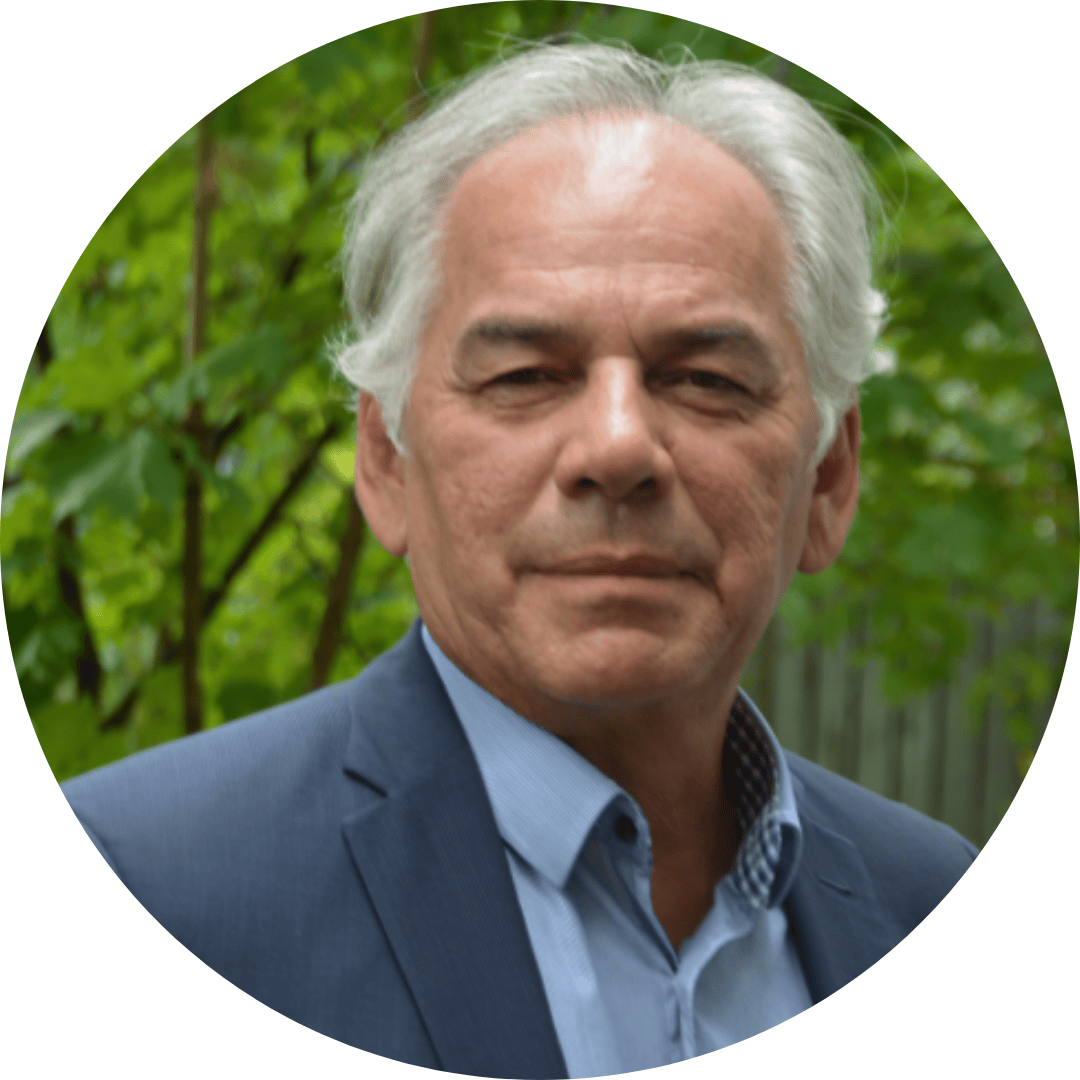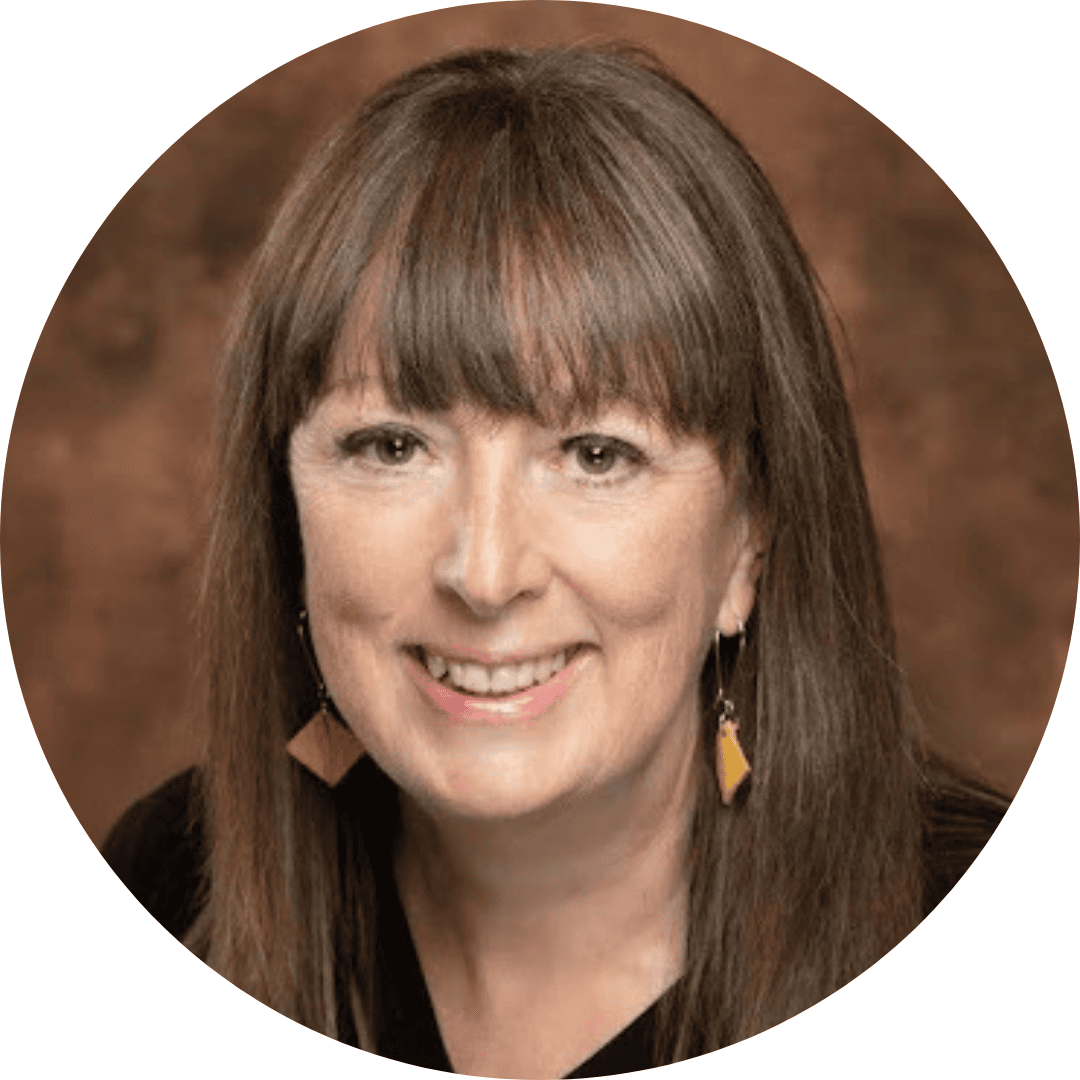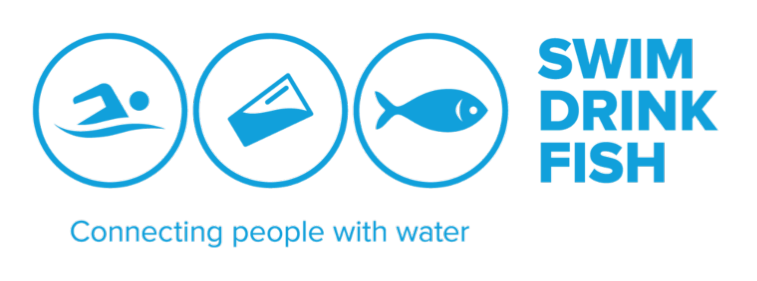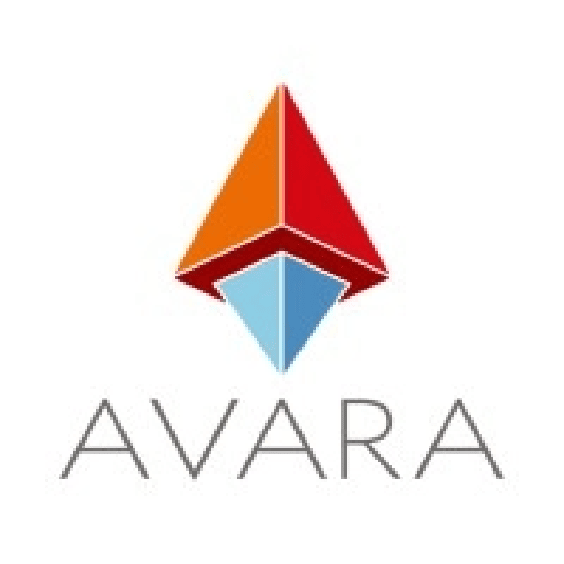Biinaagami Shared Circle
Linda Debassige, Grand Council Chief for the Anishinabek Nation, was born and raised in M’Chigeeng First Nation, where she grew up on the land and is active in the sustainability of Mother Earth. She is a mother to two children and grandmother to one. Linda graduated with honours from Civil Engineering Technology in Thunder Bay and she holds a Certificate in Negotiations from Osgoode Hall Law School. First elected to M’Chigeeng First Nation Council in 2013, Debassige was Chief from 2015-2023. During her tenure within the governance of M’Chigeeng, she participated in numerous portfolios, committees and boards locally, regionally and nationally and across many sectors including but not limited to treaty, infrastructure, water, housing, environment, policing, mental health and addictions, community safety, economic development, education, health, emergency management and community development. Linda is often called upon to provide advice and advocacy for Indigenous communities, organizations and leadership and is known for her strong leadership style, knowledge, dedication and passion for all First Nations People.
Notably, Linda was the first Indigenous Trustee to hold the position of Vice Chair of the Rainbow District School Board. She is a co-lead for the Assembly of First Nations on the co-development of the First Nation Safe Drinking Water and Wastewater Legislation.
Whitney Gravelle is a citizen of the Bay Mills Indian Community “Gnoozhekaaning” (Place of the Pike) in the Upper Peninsula of Michigan. After graduating from Michigan State University College of Law in 2016 with a Juris Doctorate and a certificate from the Indigenous Law Program, Gravelle worked for the Department of Justice with the Environment and Natural Resource Division in the Indian Resource Section, served as Chief Judge of Bay Mills Tribal Court, and again as In-House Counsel for Bay Mills Indian Community. Currently, she serves as President of the Executive Council on behalf of Bay Mills Indian Community and sits as a commissioner on the Michigan Advisory Council on Environmental Justice and the Board of Directors of the Inter-Tribal Council of Michigan. In 2022 Whitney Gravelle was appointed Chair of the Department of the Interior’s first-ever Secretary’s Tribal Advisory Committee (STAC) and in 2023 was appointed to the U.S. Department of Agriculture’s (USDA) new Tribal Advisory Committee.
Kahontakwas, Diane Longboat is a member of the Turtle Clan and Mohawk Nation at Six Nations of the Grand River. She is a ceremonial leader, traditional teacher, and knowledge keeper. Diane is founder of Soul of the Mother, a healing and teaching lodge on the shores of the Grand River and founder of First Nations House, Office of Indigenous Student Services and Programs at the University of Toronto.
Diane is a professional educator with a master’s degree in education, and has worked with provincial and national Indigenous organizations in research and policy on education law, jurisdiction and sovereignty. She has advised two provincial Ministers of Education of Ontario on Indigenous education.
Diane is the Elder for CAMH and Senior Manager Strategic Initiatives in the Shkaabe Makwa Centre for First Nations, Inuit and Metis Wellness at the Centre for Addiction and Mental Health in Toronto, Canada’s largest mental health teaching hospital and a global research centre. Diane and her team are advancing systems transformation to improve patient outcomes, including the development of innovative healing models that harmonize traditional knowledge and medical expertise.
Diane is a passionate and collaborative person who works extremely hard to promote a better understanding of Indigenous knowledge systems, peace making and care of Mother Earth, both in Turtle Island, and through her sharing, to contribute to such understanding in other countries also.
Patrick Madahbee is a widely respected leader who has dedicated over 50 years serving his First Nation and many others. He was the chief of Aundeck Omni Kaning (Mnidoo Mnising | Manitoulin Island) for 17 years and previously worked as a councilor for his Nation. Patrick served four terms as Anishinabek Nation Grand Council Chief before announcing his retirement in 2018. In 2020, the Anishinabek Nation Chiefs-in-Assembly appointed Patrick Madahbee as their new Commissioner on Governance. His dedication to the Anishinabek Nation has included numerous leadership positions such as Chairman for the Robinson-Huron Treaty Claim Legal Strategy Team and the Anishinabek/Ontario Fisheries Resource Centre. Patrick’s prior roles include Lake Huron Regional Grand Chief, Ontario Regional Chief and the Tribal Chair of the United Chiefs and Council of Mnidoo Mnising. Patrick was the first Grand Council Chief to co-chair the Great Lakes Guardian Council, alongside Ontario’s Minister of the Environment.
Patrick has served as Manager of Aboriginal Financial Services for TD and as a Regional Sales Manager for the First Nations Bank of Canada. He is the past Vice President of the Native Canadian Centre of Toronto and has held numerous other board positions, including the Ontario First Nations Sovereign Wealth Fund Board of Directors.
Patrick was a top-tier hockey player in his younger years and has been an active volunteer for the Little NHL hockey tournament since its inception 50 years ago. Patrick Madahbee is an inspiration and a role model to Anishinaabeg youth and is committed to improving the health and future for all children.
Duncan Michano is the Chief of Biigtigong Nishnaabeg, a First Nation whose traditional territory lies on the northern shore of Lake Superior. He has a long political history with the band, having served as Band Councillor and Deputy Chief for over 24 years, holding education, social services and economic development portfolios. Michano earned a Fish and Wildlife diploma at Sir Sanford Fleming and over many years for the Department of Lands and Forests, Ontario Paper, Marathon Paper, and Kimberly Clark in Terrace Bay. Eventually, Michano settled into a job he loved with Parks Canada for over 35 years, serving as the Park Warden at Pukaskwa National Park among other positions.
Duncan is an experienced canoe tripper and guide and has led many wilderness trips over the years with a focus on getting youth out and connected with the land and waters. Michano has three children, nine grandchildren and one great-grandchild.
Ghislain Picard is an Innu from the community of Pessamit, on the north shore of the Saint Lawrence River. Since 1992 he has been the Chief of the Assembly of First Nations Quebec-Labrador (AFNQL), a political organization regrouping 43 Chiefs of the First Nations of Quebec and Labrador. As AFNQL Chief, he sits on the Assembly of First Nations’ Executive Committee and Management Committee and he is the spokesperson for the Comprehensive claims, Urban population and International Issues portfolios. In 2014 Picard was unanimously appointed as the interim National Chief of the Assembly of First Nations (AFN) after the resignation of Chief Shawn Atleo.
Prior to his time as Chief, Ghislain held several leadership roles including media relations for the Conseil Atikamekw Montagnais, and President of the Quebec Native Friendship Center. In 1983, he co-founded the Société de communication atikamekw-montagnais (SOCAM) which broadcasts radio programs in Indigenous languages to all Atikamekw and Montagnais communities. Picard received the National Order of Quebec in 2003 and in 2005 he received the distinguished insignia of Chevalier de la Légion d’Honneur from the Consul Général de France. In 2017, the City of Montreal made him an honorary citizen. In 2021 Ghislain became the first Indigenous person to be appointed as Chair of the Board of Trustees for the McCord Stewart Museum in Montreal.
Kahsennenhawe Sky-Deer (Wolf Clan) is the elected Grand Chief of the Mohawk Council of Kahnawà:ke. She was first elected to Council in 2009 and is serving her community in her fifth straight three-year term of office. She was elected as the first ever female Grand Chief in July 2021 making history for Kahnawà:ke.
Grand Chief Sky-Deer’s current areas of focus in her role as Grand Chief are: External Government Relations (Kahnawà:ke/Canada Relations), Nation Building, Border Crossing and Indigenous Relations and Governance (MCK and Community).
Grand Chief Sky-Deer graduated from Vanier College in 1999 before moving to Florida to play women’s professional football. She later graduated with a Bachelor of Arts Degree in Psychology from the University of Central Florida in 2008. She returned to her community of Kahnawà:ke that year and has been living and working in Kahnawà:ke ever since.
Grand Chief Sky-Deer is very passionate about issues pertaining to the protection of inherent rights, the revitalization of the Mohawk Language and the survival of the Cultural Identity of her People. She spoke to the Standing Committee in the hearings for Bill S-3 and warned about the threat this posed to all First Nations People. Grand Chief Sky-Deer is also very interested in creating partnerships and ventures that will help the community develop in economic sustainability, job creation and diverse housing projects.
Our Team
Canadian Geographic and Swim Drink Fish
Together, Canadian Geographic and Swim Drink Fish are creating storytelling tools to illuminate the lands and languages of the greatest freshwater system on Earth.
The Royal Canadian Geographical Society is among Canada’s largest bilingual education organizations in the not-for-profit sector. Founded in 1929, the Society works to make Canada better known to Canadians and to the world. The Society is a content creator and curator — communicating with Canadians through print, digital and social media, including its flagship magazine Canadian Geographic and its educational arm, Canadian Geographic Education. As it approaches its 100th anniversary (2029-30), the RCGS has pledged to deepen the engagement of Canadians in pursuit of a healthier planet as one of its key initiatives over the next 10 years (2020-30).
Established in 2001, Swim Drink Fish is a registered Canadian charity working to connect people with water, including through the use of community science and communications technology. Everyone has a right to swimmable, drinkable, fishable water. One of Swim Drink Fish’s mandates is to teach people to monitor the health of their local water bodies and advocate for the protection and restoration of the places where they live. The charity’s web-based apps and programs reach over 171 communities in 11 countries and encourage people to get to the water’s edge, connecting them with their water bodies and their communities.
Canadian Geographic and Swim Drink Fish worked closely with Indigenous leaders, knowledge keepers and language speakers from the watershed to name Biinaagami and start a movement. Biinaagami will take shape and grow with every collaborator, partner, organization and individual who gets involved. A large, diverse network is needed to protect the Great Lakes-St. Lawrence watershed — and we are only just beginning.
Team Members
Meredith is the Director of Special Projects for Canadian Geographic and has devoted her career to freshwater protection. An environmental engineer by training, Meredith earned a Masters in Resource and Environmental Management (REM) at Simon Fraser University and began her career in stream restoration in British Columbia. Responding to a yearning to be back swimming in her homewaters in the Canadian Shield, Meredith moved home and became the founding Executive Director and Riverkeeper for the charitable organization Ottawa Riverkeeper. Meredith led and significantly grew the organization over fifteen years and was awarded the honourary title of Riverkeeper Emerita.
Meredith has worked collaboratively across Canada on issues related to water pollution, instream flow, river restoration, watershed governance, watershed health, community-based monitoring, nuclear waste and the rights of nature. Meredith serves on several Boards including the Great Lakes Water Quality Board of the International Joint Commission, an independent, binational organization established to prevent and resolve disputes related to the use and quality of boundary waters. Meredith also serves on the board of the Canadian Canoe Museum and on the board of a local land trust charity that purchases properties for conservation. Meredith grew up exploring the waters around North Bay, Ontario and for the past twenty years has been fortunate to live along Tenagadino Zibi, the beautiful Gatineau River. Meredith is a mother to two and an Auntie to nineteen awesome humans.
Charlene Bearhead – Vice President, Learning and Reconciliation at the Royal Canadian Geographical Society- is an educator, Indigenous education advocate and author with over 35 years of regional, national and international experience. Charlene is the co-author of the children’s book series, Siha Tooskin Knows and contributor to multiple anthologies and reconciliation focused resources.
Most recently Charlene served as a member of the Indigenous Education Advisory Circle for the National Film Board of Canada and in an advisory capacity with Nelson Education. Previously Charlene served as education days coordinator for the Truth and Reconciliation Commission of Canada, education coordinator for the National Inquiry into Missing and Murdered Indigenous Women and Girls, education advisor for the Canadian Geographic Indigenous People’s Atlas of Canada and member of the Canadian Museum for Human Rights Indigenous Education working group. Charlene also served as the first education lead for both the National Centre for Truth and Reconciliation at the University of Manitoba and the Indian Residential School History and Dialogue Centre at UBC.
Katie belongs to the Mohawk Nation of the Haudenosaunee Confederacy and sits with the Bear Clan in Tyendinaga Mohawk Territory. Inspired by her experiences growing up on a First Nations Reserve under a series of long-term water advisories, Katie is committed to protecting the Great Lakes waters by sharing Indigenous knowledge. She draws from the Kanyen’kehá:ka ways of knowing about place and the traditional responsibilities humans have to the Earth according to the Haudenosaunee worldview. As the Biinaagami editorial and education coordinator, Katie bridges Indigenous and western epistemologies to encourage all to accept our shared responsibility to the Great Lakes. With degrees in Geography, Global Development, and Geographic Education, Katie blends academic training with Indigenous land-based knowledge to advocate for water stewardship, language preservation, and environmental justice.
As the Vice President of Swim Drink Fish Canada, Gregary is responsible for expanding the Swim Drink Fish movement by getting the tools and resources into the hands of communities across the continent.Greg has dedicated the last decade to researching and addressing threats to the waters of North America and advocates for novel collective-governance approaches to the impacts of climate change, urbanization, and fragmented governance He has earned degrees in Environmental Planning, Natural Resource Management, and Ecosystem Restoration, after becoming a passionate water advocate in the aftermath of a harmful algae bloom in Lake Erie’s western basin.
Abi is an award-winning journalist and Canadian Geographic’s associate editor. Her writing has appeared in Canadian Geographic, The Walrus, The Tyee and The Guardian. She grew from the limestone of Yorkshire, England, up towards rain-swollen clouds, cultivating an appreciation of the sun — and an eye for stories untold. Abi followed a fascination with science to Sheffield, England, to pursue her BSc in Zoology. But after studying creatures from pufferfish to hermit crabs, she realized that she was less a scientist than a writer. She pursued this calling across the Atlantic and graduated with a master’s in journalism from the University of British Columbia. Abi’s journalism has taken her from the coastline of B.C. to the shores of Senegal and The Gambia. She now lives in Ottawa (on the banks of the Kichi Sibi) and enjoys collaborating with editors, writers, cartographers, photographers, illustrators and knowledge keepers.
Patrick Madahbee is a widely respected leader who has dedicated over 50 years serving his First Nation and many others. He was the chief of Aundeck Omni Kaning (Mnidoo Mnising | Manitoulin Island) for 17 years and previously worked as a councilor for his Nation. Patrick served four terms as Anishinabek Nation Grand Council Chief before announcing his retirement in 2018. In 2020, the Anishinabek Nation Chiefs-in-Assembly appointed Patrick Madahbee as their new Commissioner on Governance. His dedication to the Anishinabek Nation has included numerous leadership positions such as Chairman for the Robinson-Huron Treaty Claim Legal Strategy Team and the Anishinabek/Ontario Fisheries Resource Centre. Patrick’s prior roles include Lake Huron Regional Grand Chief, Ontario Regional Chief and the Tribal Chair of the United Chiefs and Council of Mnidoo Mnising. Patrick was the first Grand Council Chief to co-chair the Great Lakes Guardian Council, alongside Ontario’s Minister of the Environment.
Patrick has served as Manager of Aboriginal Financial Services for TD and as a Regional Sales Manager for the First Nations Bank of Canada. He is the past Vice President of the Native Canadian Centre of Toronto and has held numerous other board positions, including the Ontario First Nations Sovereign Wealth Fund Board of Directors.
Patrick was a top-tier hockey player in his younger years and has been an active volunteer for the Little NHL hockey tournament since its inception 50 years ago. Patrick Madahbee is an inspiration and a role model to Anishinaabeg youth and is committed to improving the health and future for all children.
Mark Mattson is one of Canada’s most seasoned environmental lawyers and the founder of several water charities, including Swim Drink Fish. In addition to being Swim Drink Fish’s President, he is the Waterkeeper for Lake Ontario, a board member for the US-based Waterkeeper Alliance, and a member of Ontario’s Great Lakes Guardians Council.
Scott is a water guardian and creative visual storyteller from Mnidoo Gamii (Georgian Bay) and is a creative storyteller for Biinaagami. Scott has over 25 years of experience as a paddling guide on the Great Lakes and has spent the greater extent of his career connecting people to the water.
Scott’s photography and writing has been featured by Canadian Geographic, Paddling Mag, Rapid and Mountain Life Media. His films have been screened by Paddling Film Fest, Pursuits Film Fest, as well as numerous events around the Great Lakes region, in support of outdoor youth programs as well as local organisations dedicated to the conservation and protection of the Great Lakes.
Scott has recently been selected by the National Geographic Society and Royal Canadian Geographical Society as a grantee for the Trebek Initiative 2024 in support of his short film ‘Oiseaux’. A project that documents the diving birds of the Great Lakes and how anthropogenic debris is impacting the birds and infiltrating the food web.
Scott is also the founder of the Three Waters Foundation, a Lake Huron plastic clean up non-profit organisation that focuses on remote island and coastal cleanups and monitoring in areas that are critical nesting habitat for diving birds, fish, reptiles and amphibians. Scott’s greatest adventure is his family of three children.
Heather Patterson is an ecologist and science communicator. As the Biinaagami Engagement Coordinator, Heather develops and fosters meaningful relationships with project partners, and helps to amplify the stories of environmental initiatives within the Great Lakes watershed. Heather grew up in northern Ontario with a love of the outdoors, and a keen interest in the interconnectedness of people, land, water, and wildlife. She is passionate about community-based advocacy and monitoring in all aspects of ecosystem health, accessible and engaging communication, and the recognition of multiple ways of knowing in environmental research and stewardship.

